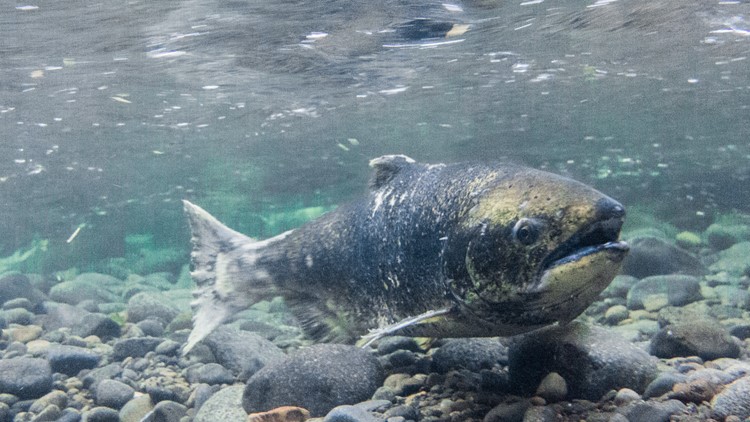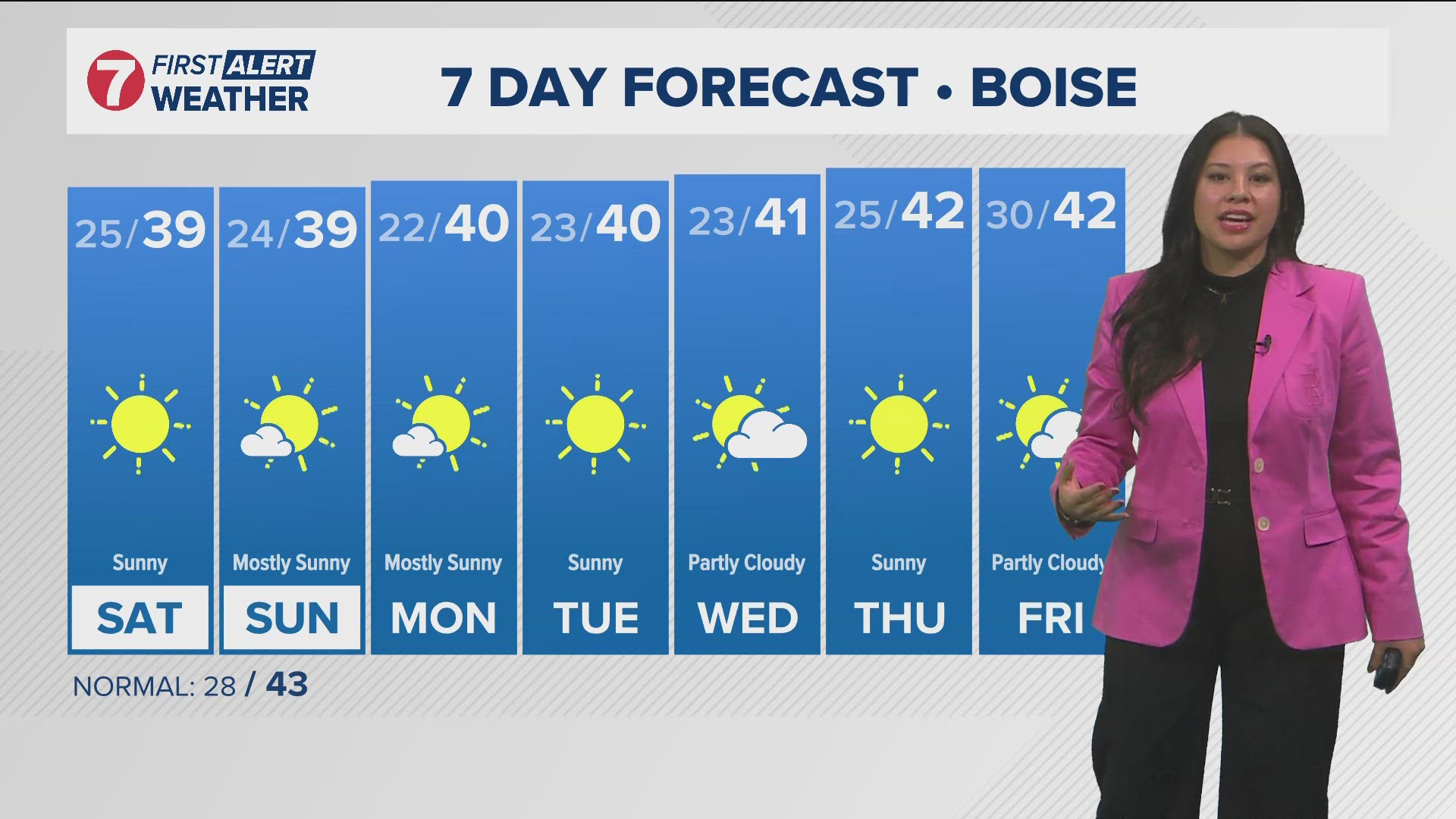LA CONNER, Wash. — The Swinomish Indian Tribal Community filed a 60-day notice of intent to sue the Environmental Protection Agency (EPA), saying the EPA is obligated to intervene after the state Department of Ecology (Ecology) failed to bring down the water temperature of the Lower Skagit River system over a period of 20 years.
The stream temperatures are causing "ongoing harm to salmon," according to a press release issued by the tribe. The tribe said Ecology and the EPA's failure to act violates its treaty rights to fish the entire Skagit River basin and beyond.
"Salmon populations are now so low that Tribal citizens have had to buy and freeze fish for important cultural ceremonies," the press release reads.
The tribe has seen a more than 80% decline in its salmon harvest over the last two decades.
According to the notice, the stream temperatures in the Skagit River watershed violate the water quality standards deemed necessary for salmonid survival. The tribe pointed to a lack of stream-side vegetation, which provides shade, contributes to cooler microclimates and reduces channel erosion. Channel widening results in more absorbed solar heat and sediment pollution.
High stream temperatures have been a known cause for salmon population decline in the Skagit River system dating as far back as 1998 when Ecology documented that summer maximum stream temperatures in the Lower Skagit River system are "a significant source of mortality" for juvenile salmonids, affect migration and foraging patterns and are correlated with disease outbreaks. Ecology also acknowledged that farming and ranching activities along the river led to the removal of stream-side vegetation, warm water runoff from fields and other water quality issues.
In response, Ecology was required to develop a plan to once again meet water quality standards in the river system. The tribe alleges that Ecology failed to deliver its plan, including a promise that the department would plant riparian vegetation along 100% of the Lower Skagit River system's stream miles by 2020. Instead, only 8% of stream miles were covered over 16 years. Had Ecology delivered on its plan, the river system was expected to be in alignment with water quality standards by 2080.
The tribe argued that at this point, the EPA is obligated to intervene after Ecology's failure to effectively reduce stream temperature in the Lower Skagit River watershed. The tribe alleged that the EPA's approval of Ecology's initial plan - and failure to intervene when it proved not to be working - constitutes an action that continues to harm an endangered species (salmon) and therefore legally requires review. The EPA would then be required to "reinitiate consultation" on Ecology's work in the Skagit River watershed to ensure progress is being made.
“The Swinomish people’s way of life and livelihoods, as well as protected Treaty rights, have been disrespected and disregarded for years. It is time for this to stop,” said Swinomish Chairman Steve Edwards. “The Skagit River and its tributaries are critical habitat for Chinook recovery in the Puget Sound. We are the People of the Salmon, and these fish are integral to the Tribe’s sustenance, culture, identity and economy, yet we no longer have enough to feed our families, and the Orcas are starving. Our federal and state natural resource trustees must finally find the political will to act.”



